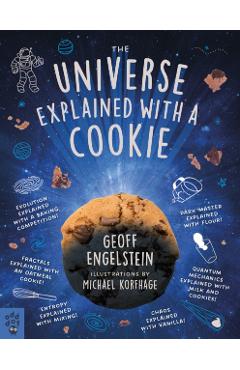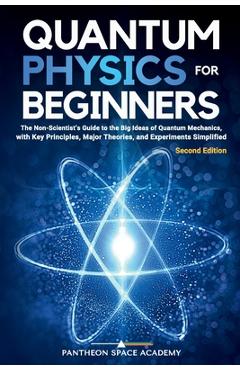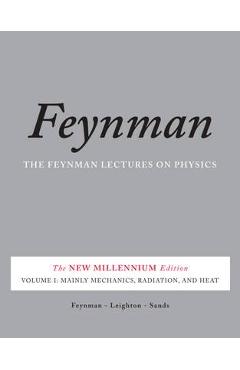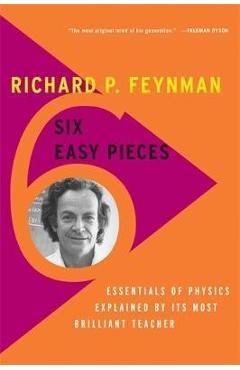Quantum Mechanics and Path Integrals - Richard P. Feynman

Detalii Quantum Mechanics and Path Integrals
libris.ro
195.3 Lei
217 Lei
Science
Richard P. Feynman
Quantum Mechanics and Path Integrals - Disponibil la libris.ro
Pe YEO găsești Quantum Mechanics and Path Integrals de la Richard P. Feynman, în categoria Science.
Indiferent de nevoile tale, Quantum Mechanics and Path Integrals - Richard P. Feynman din categoria Science îți poate aduce un echilibru perfect între calitate și preț, cu avantaje practice și moderne.
Preț: 195.3 Lei
Caracteristicile produsului Quantum Mechanics and Path Integrals
- Brand: Richard P. Feynman
- Categoria: Science
- Magazin: libris.ro
- Ultima actualizare: 28-10-2025 01:22:05
Comandă Quantum Mechanics and Path Integrals Online, Simplu și Rapid
Prin intermediul platformei YEO, poți comanda Quantum Mechanics and Path Integrals de la libris.ro rapid și în siguranță. Bucură-te de o experiență de cumpărături online optimizată și descoperă cele mai bune oferte actualizate constant.
Descriere magazin:
From astrophysics to condensed matter theory, nearly all of modern physics employs the path integral technique. In this presentation, the developer of path integrals and one of the best-known scientists of all time, Nobel Prize-winning physicist Richard P. Feynman, presents unique insights into this method and its applications. Avoiding dense, complicated descriptions, Feynman articulates his celebrated theory in a clear, concise manner, maintaining a perfect balance between mathematics and physics. This emended edition of the original 1965 publication corrects hundreds of typographical errors and recasts many equations for clearer comprehension. It retains the original\'s verve and spirit, and it is approved and endorsed by the Feynman family. The opening chapters explore the fundamental concepts of quantum mechanics and introduce path integrals. Subsequent chapters cover more advanced topics, including the perturbation method, quantum electrodynamics, and the relation of path integrals to statistical mechanics. In addition to its merit as a text for graduate courses in physics, this volume serves as an excellent resource for professionals.

Produse asemănătoare
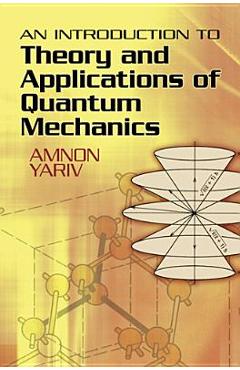
An Introduction to Theory and Applications of Quantum Mechanics - Amnon Yariv
![]() libris.ro
libris.ro
Actualizat in 28/10/2025
111.32 Lei
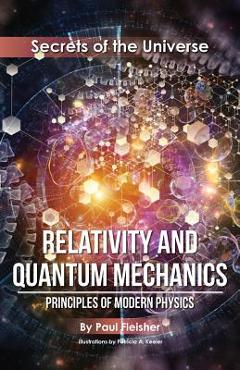
Relativity and Quantum Mechanics: Principles of Modern Physics - Paul Fleisher
![]() libris.ro
libris.ro
Actualizat in 28/10/2025
89.21 Lei
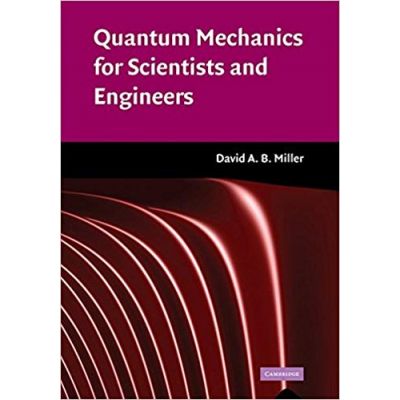
Quantum Mechanics for Scientists and Engineers - David A. B. Miller
![]() grupdzc.ro
grupdzc.ro
Actualizat in 28/10/2025
617.85 Lei
Produse marca Richard P. Feynman

what Do You Care What Other People Think?: Further Adventures of a Curious Character - Richard P. Feynman
![]() libris.ro
libris.ro
Actualizat in 28/10/2025
89 Lei
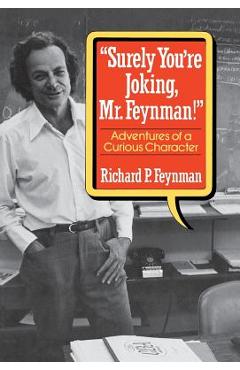
Surely You\'re Joking, Mr. Feynman!: Adventures of a Curious Character - Richard P. Feynman
![]() libris.ro
libris.ro
Actualizat in 28/10/2025
347.1 Lei
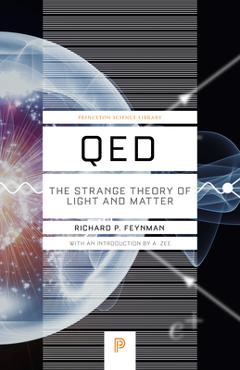
Qed: The Strange Theory of Light and Matter - Richard P. Feynman
![]() libris.ro
libris.ro
Actualizat in 28/10/2025
111.32 Lei
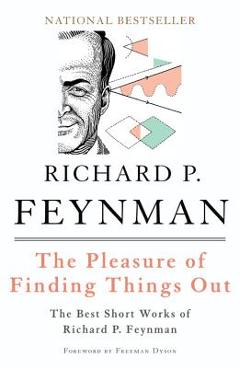
The Pleasure of Finding Things Out: The Best Short Works of Richard P. Feynman - Richard P. Feynman
![]() libris.ro
libris.ro
Actualizat in 28/10/2025
105.97 Lei
